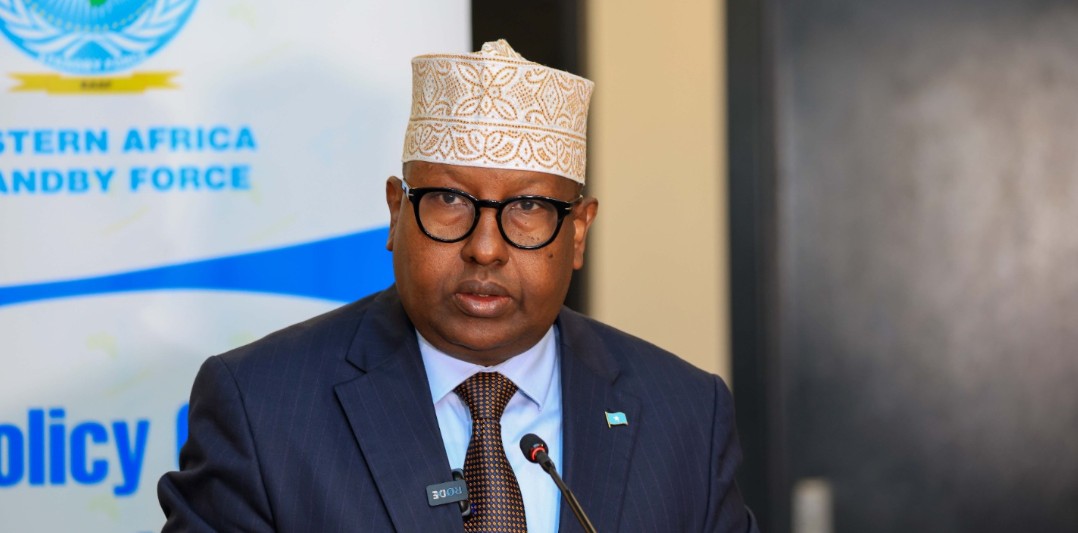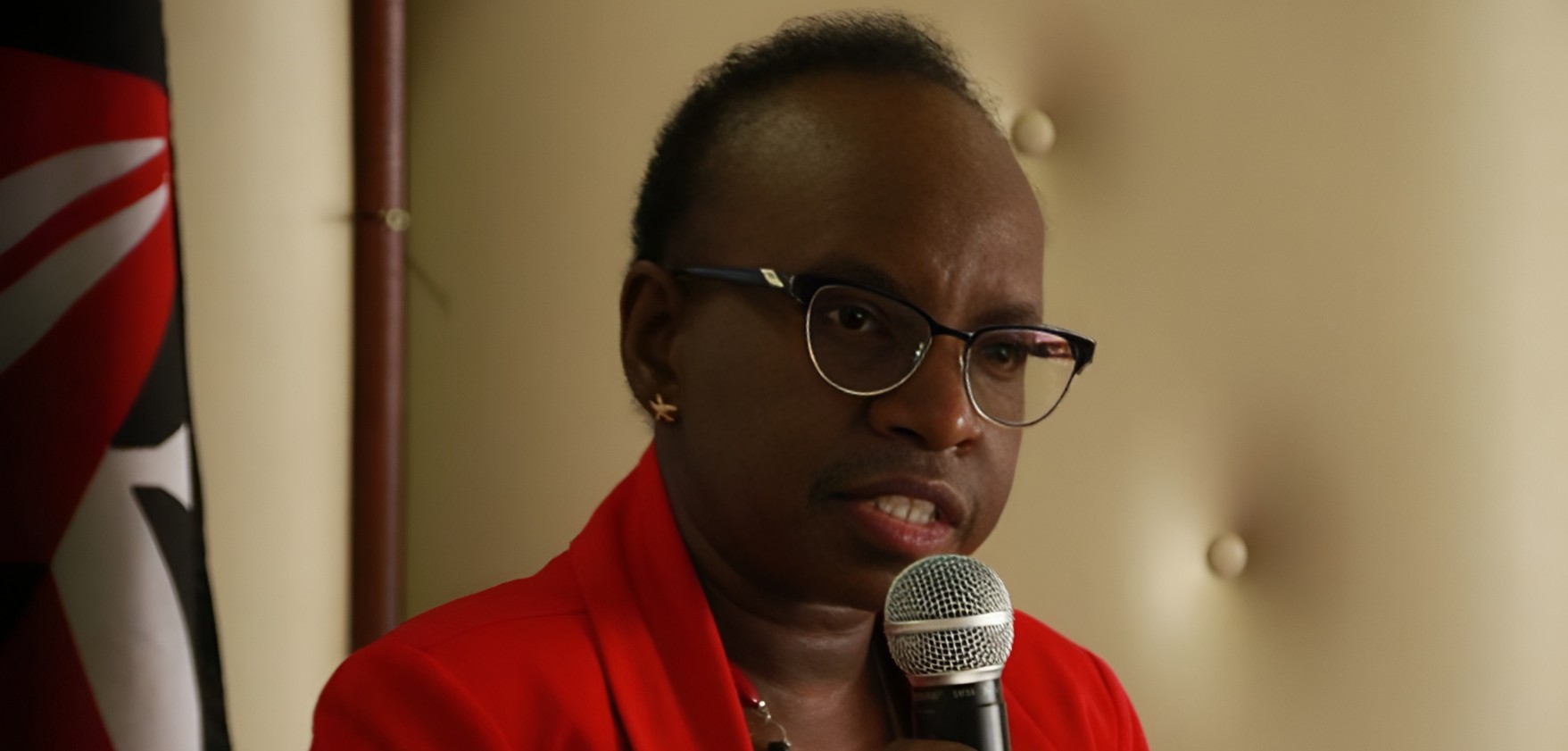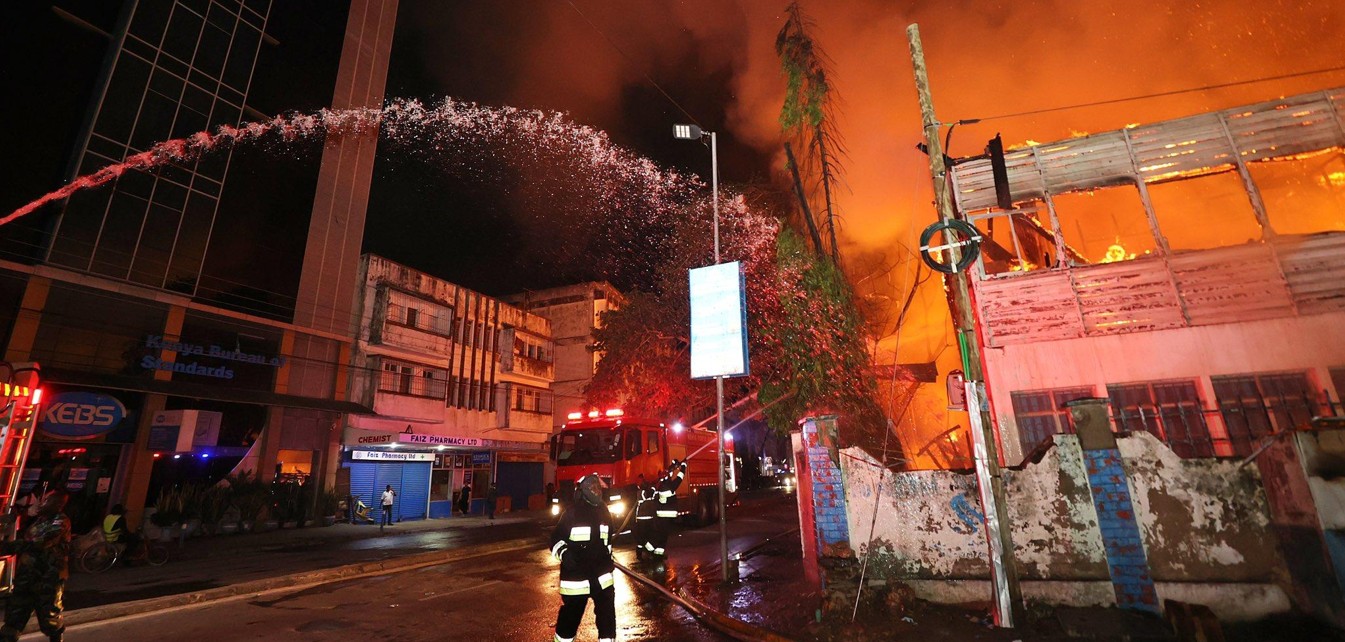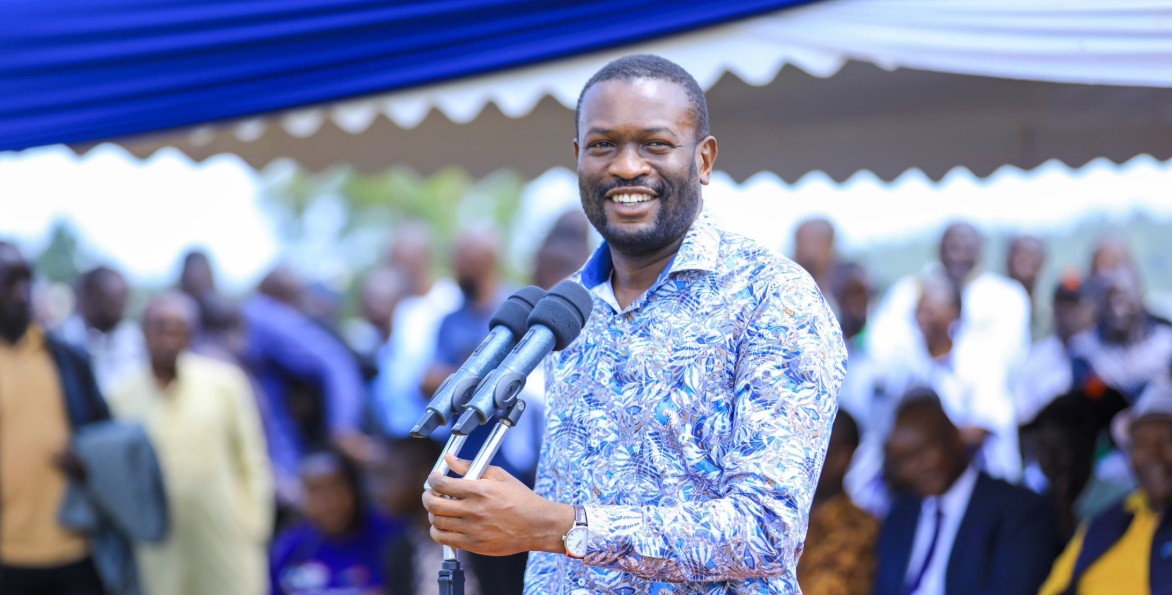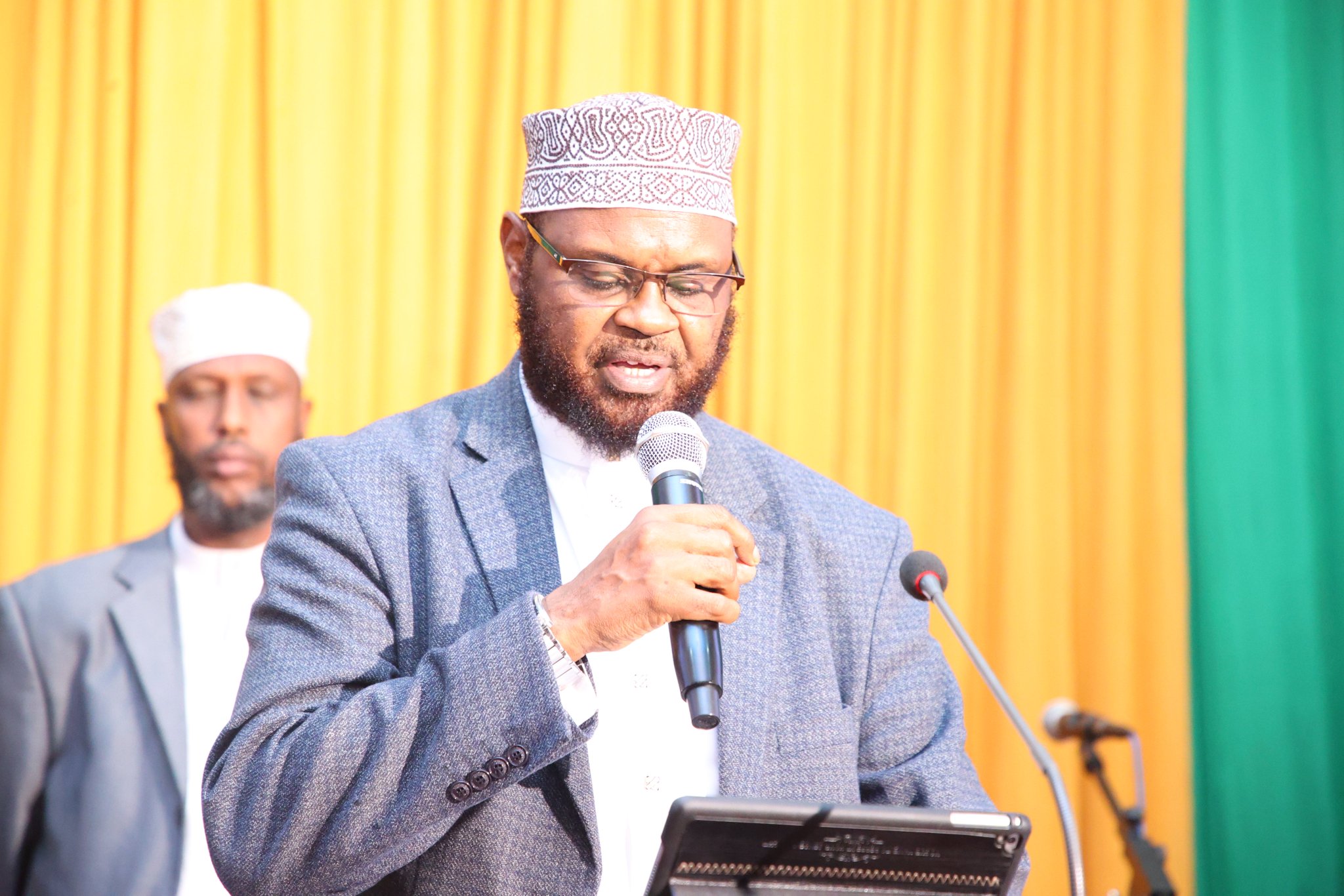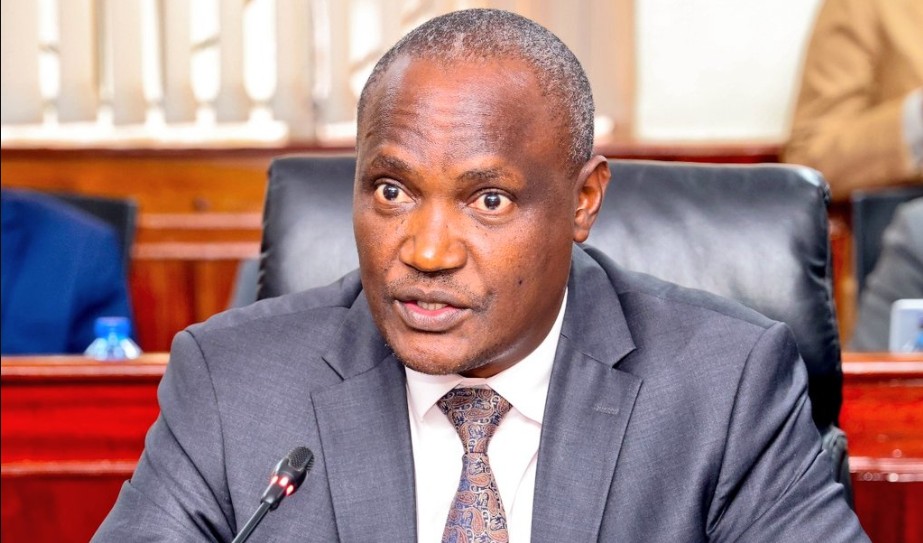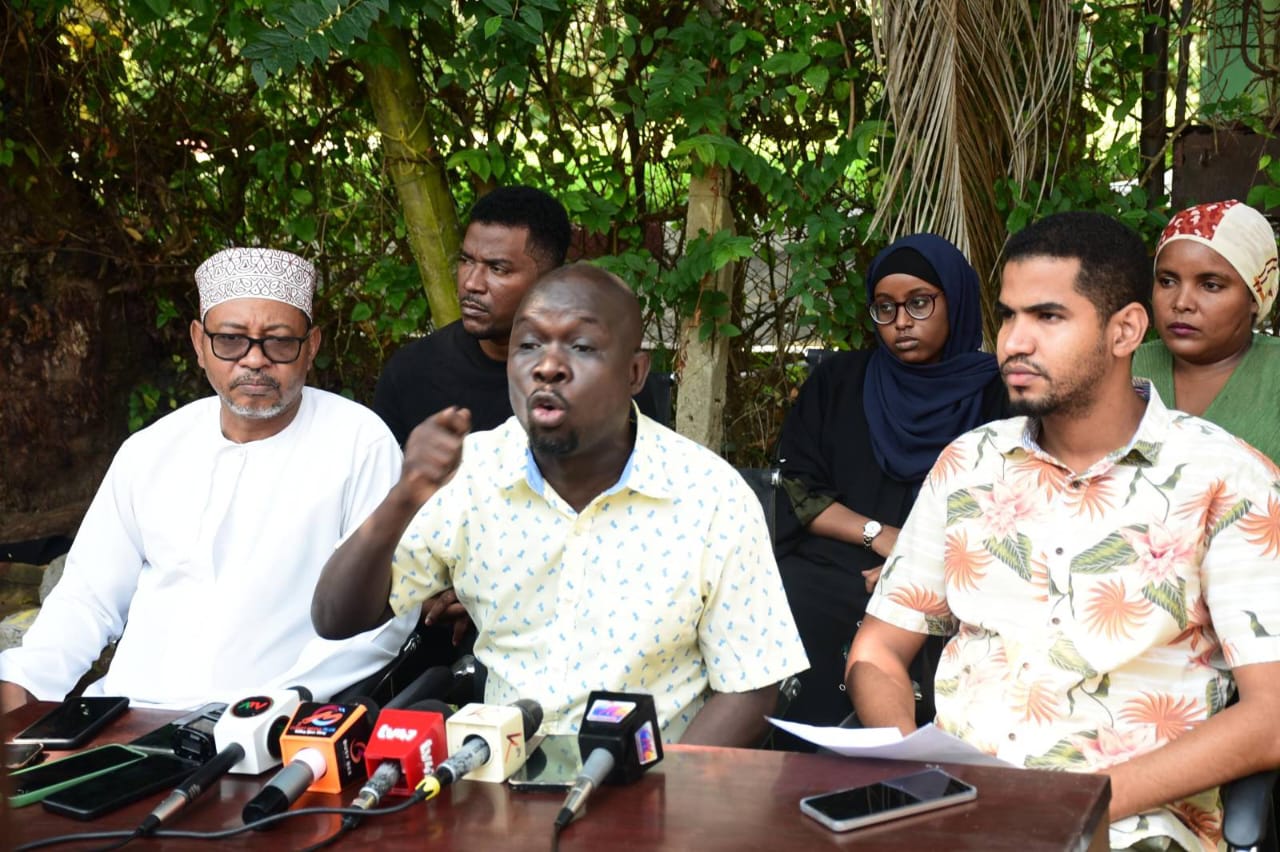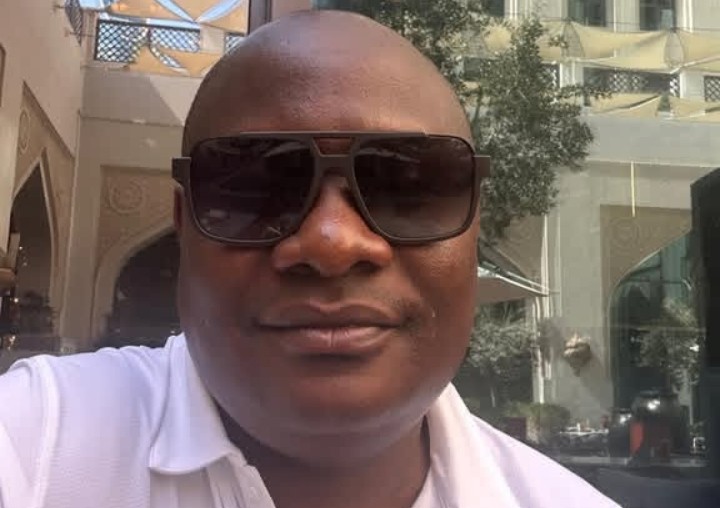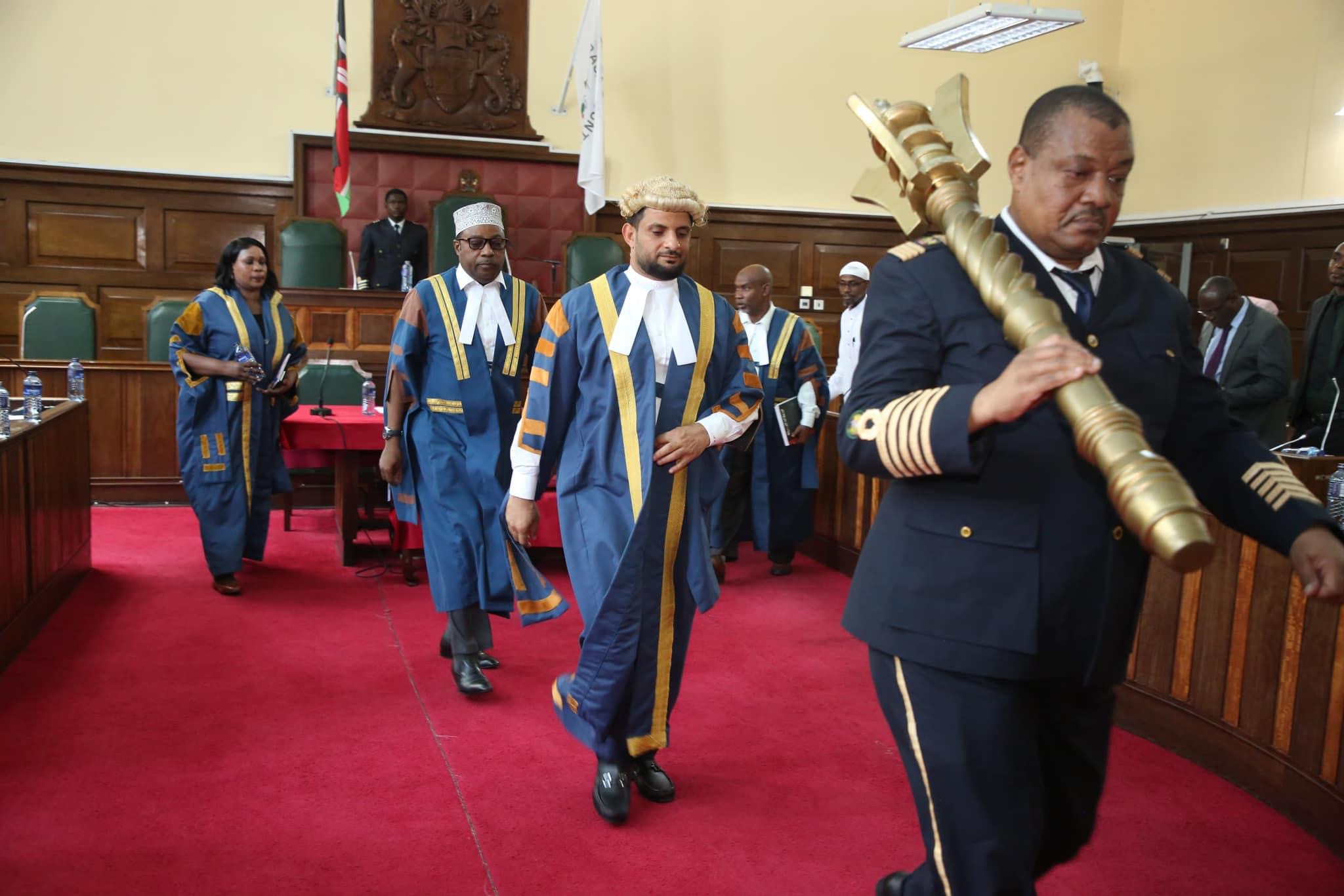Somali refugees in Dadaab fear Trump’s return will trigger new travel ban
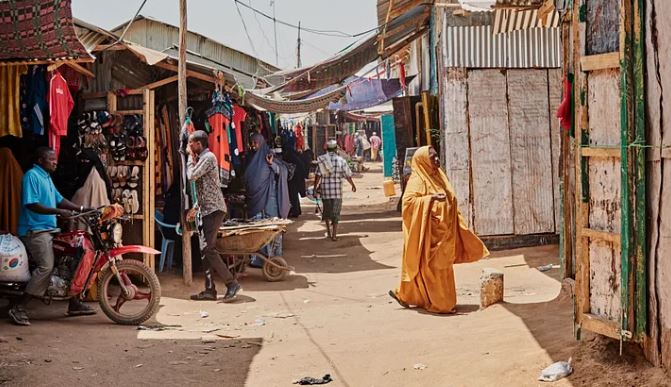
Tough new security checks meant the number of arriving refugees tumbled from the 84,994 recorded during Barack Obama’s last year in office to a record low of 11,814 in 2020.
The election victory of US President Donald Trump has had repercussions well beyond the United States, arguably no more viscerally than in Kenya’s sprawling refugee complex of Dadaab.
Somali refugees here – who have spent years waiting for resettlement to the United States – fear his swearing-in on 20 January will trigger a repeat of the so-called “Muslim travel ban”, which temporarily barred the entry of travellers from Somalia, Iraq, Iran, Libya, Sudan, Syria, and Yemen in 2017-2018.
More To Read
- Somalia, UN Support Office strengthen security partnership to boost fight against Al-Shabaab
- US support for counter-terrorism efforts in Somalia to continue, but in new format- AFRICOM
- 16 killed, eight injured in paramilitary forces attack in western Sudan - volunteer groups
- Seven Ethiopian migrants die of hunger and thirst after boat engine fails
- Iran urges extraordinary OIC meeting on Gaza humanitarian catastrophe
- UAE bars Sudanese aircraft from landing at its airports
Trump’s ban, introduced via an executive order just weeks after he was sworn in, was upheld by the Supreme Court – and subsequently expanded to encompass 11 countries, including North Korea and Venezuela.
Refugee admission quotas overall were also slashed. Tough new security checks meant the number of arriving refugees tumbled from the 84,994 recorded during Barack Obama’s last year in office to a record low of 11,814 in 2020 – although the impact of the Covid-19 pandemic also affected numbers.
Project 2025, drafted by the conservative Heritage Foundation and regarded as a blueprint for Trump’s new term, does not make explicit mention of refugees. But on the campaign trail, Trump has warned that a new embargo is likely.
“I will ban refugee resettlement from terror-infested areas like the Gaza Strip, and we will seal our border and bring back the travel ban,” he said at an event in Washington.
“Remember the famous travel ban? We didn’t take people from certain areas of the world… We’re not taking them from infested countries.”
That language has shaken Somali refugees in Dadaab, the sprawling three-camp complex in Kenya’s arid northeast that is home to more than 400,000 people.
The New Humanitarian, in conjunction with Dadaab-based Radio Gargaar, interviewed 30 refugees last month to find out what they made of a new Trump presidency – and the possibility of a re-imposed travel ban.
A long, gruelling process
Resettlement in the United States – and the opportunity that represents to remake a life – is something of a holy grail for refugees in Dadaab, many of whom have spent decades in the camps after escaping drought and conflict at home.
Refugees do not apply for resettlement themselves. The UN’s refugee agency, UNHCR, identifies the most vulnerable for consideration, but it’s the hosting countries that make the final decision on who to admit.
Over the last few years, Somali refugee arrivals in the US have begun to recover. They increased from 200 in 2021 to 490 in 2022, with a jump to 1,410 in 2023 – but that’s still a small fraction of the overall 60,050 refugees resettled in the United States that year.
The years-long administrative process before refugees can finally board a plane can take its toll. Refugees in Dadaab talk of buufis – a term in Somali to describe the extreme anxiety the long wait can cause, and the impact on people’s mental health.
They also describe how undocumented young men in particular, tired of the waiting, are travelling to the Gulf and Europe in increasing numbers – an extremely dangerous endeavour known as tahriib.
Radio Gargaar discussion shows normally last an hour. But the episode on Trump’s return to the White House broadcast on 24 December, triggered so many calls it was extended by an extra 30 minutes.
The following are translated excerpts of some of the comments by refugees in Dadaab:
“Our hearts in our mouths”
“I was undergoing a process when Trump was elected, and he introduced the ban. His successor, Joe Biden, did a lot for us. We were on a good track, hoping things would be finalised, but then Trump came back. So we have our hearts in our mouths and we are waiting, [knowing] that at any time [Trump] can ban refugees from entering America again.
We hope, and we request, that the American government will finalise the process for those who are waiting [for resettlement]. We are not dangerous people. We are refugees. America has always been known to take in refugees.
The buufis for me started in 2010. I’ve been waiting for 14 years. So if what I have been waiting for 14 years is denied or rejected, then I may end up doing anything that comes to mind – like taking the risk of tahriib. I’m not saying I’ll do that, but there is a risk of doing wrong things.” – Muscab Faarax Jamac.
“There are no statements by Trump yet, but we hope he will open his arms and communicate and say, ‘I have no problem with those people.’ That is what we really hope for.
We request Trump… we don’t come with any trouble: We are poor people. We want him to welcome us with open arms; to welcome our boys who are perishing in the sea with open arms.” – Fadumo.
“The rest have done tahriib”
“The previous impact [of Trump in power] is that some people lost their sanity and never recovered to this day. You’ll find them collecting garbage because when someone has buufis, they have so much hope, so much ambition, they auction their belongings preparing to go to another country… And then, when they think they are going, [Trump] said no one is leaving and no one is entering my country.
There are many Somalis living in America… We view it as our official country. It is our country outside of Africa... I hope he does not break our hearts. We love America. We are productive people who work and who love development.” – Saynab Adan Hussein.
“If the president behaves the same as last time, all these people will attempt illegal immigration, and they will all drown and perish in the sea. That is their plan. For example, nearby there is a football ground where 25 people used to play, dividing themselves into two teams. Right now, only five of them are here. I counted them yesterday in the afternoon. The rest have done tahriib.” – Ali Cigaal.
“This place is an open-air prison”
“Here, the refugee does not get proper rights. In [America], there are opportunities in terms of education, economy, life changes, and creating futures for our children. Those are the biggest reasons we want to be resettled.
Many people received those opportunities [on the list for resettlement], and they have been waiting from 2016 until now. And when they did not get any updates, they became mentally unwell because this place is an open-air prison where people don’t have freedom of movement.” – Aisha Mohamed.
“America is one of the three countries that people from the [Global South] prefer to be resettled in. America is number one. Canada is number two. And Australia is number three. Other countries in Europe, like England, Germany, Sweden come afterwards.
“So, America, Australia… [these] countries create job opportunities depending on someone’s labour and skills. It depends on what you studied/specialised in. What can you do? Depending on your capabilities, you are free to do what your skills allow you to do and make money out of that. You become part of the country, and you become a taxpayer.” – Ahmed Rage.
“That’s why I hate him”
“I am not happy, because for a man who holds such responsibility, to point the finger at any Muslim and to ban people from travelling abroad, saying, ‘You will not enter my country’, and point the finger at Muslim countries – that is why I hate him.
Somalis say, ‘Someone who has warned you has not killed you’ [if you have been warned, accept the consequences]. If, instead, he said anyone found doing a crime, or anyone bringing trouble or robbery or killing to the country will be deported – then that is fine.
But to profile all Muslims and the 11 countries he had banned the last time he was in power… The other day Trump said he would punish Palestine. So this man’s attitude towards Muslims is what makes me unhappy about his election.” – Haji Hassan.
“Trump’s election cannot prevent your fate. Whatever good God has written for you, you will get it. The people shouldn’t place their faith in human beings, and they shouldn’t believe that that man [Trump] can do anything for them.” – Fadumo.
Top Stories Today
- CHAN ticket sales suspended at Kasarani following security breach
- Mombasa County unveils tough new fire safety rules after surge in blazes
- Court blocks government’s duty-free rice imports after farmers’ petition
- Somalia, UN Support Office expand collaboration in fight against Al-Shabaab
- Raila’s ODM party to decide Sifuna’s future amid rift over Ruto deal
- Audit uncovers Sh880 million gap in county bursary funds
